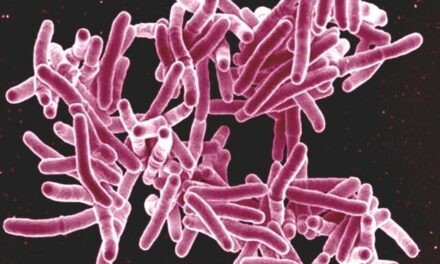17 March 2024 – Lucknow, India
Experts at a urology conference held at King George’s Medical University (KGMU) have raised concerns about the significant association between the consumption of polluted groundwater and pan masala with the formation of large kidney stones exceeding 2 centimeters in size. The conference, which convened leading urologists and specialists, shed light on the alarming prevalence of kidney stone cases attributed to environmental and lifestyle factors.
Prof. Apul Goel, from KGMU, highlighted findings from the institution’s outpatient department, revealing that approximately 70 percent of patients presenting with large kidney stones exceeding 2 cm were linked to factors such as pan masala consumption, inadequate hydration, or exposure to contaminated water sources.
In response to the growing challenge posed by large kidney stones, experts discussed advancements in minimally invasive procedures offering hope for affected individuals. Prof. M S Agrawal, a former faculty member at SN Medical College Agra, emphasized the efficacy of percutaneous nephrolithotomy (PCNL) technology, which enables surgical intervention without traditional incisions or multiple punctures. Patients undergoing PCNL typically experience shorter recovery times, with many being discharged within a day of the procedure.
Dr. Salil Tandon from Lucknow and Dr. Vipul Tandon from Prayagraj highlighted progress in the removal of smaller kidney stones through ureteroscopy, a minimally invasive technique that eliminates the need for incisions, thereby reducing postoperative discomfort and recovery periods.
Additionally, Prof. SN Shankhwar, director of BHU Institute of Medical Sciences, addressed the grave symptoms of Chyluria, a rare condition characterized by the leakage of lymphatic fluid into the kidneys, resulting in milky white urine due to lymphatic channel blockage. Prof. Shankhwar emphasized the importance of raising awareness about Chyluria, which is often associated with filariasis, and stressed the effectiveness of surgical interventions in providing relief and curing this debilitating condition.
The insights shared at the conference underscore the urgent need for public awareness regarding the risk factors associated with kidney stone formation, including lifestyle choices and environmental factors. By promoting preventive measures such as adequate hydration and reducing exposure to pollutants, individuals can mitigate the risk of developing large kidney stones and associated complications.












